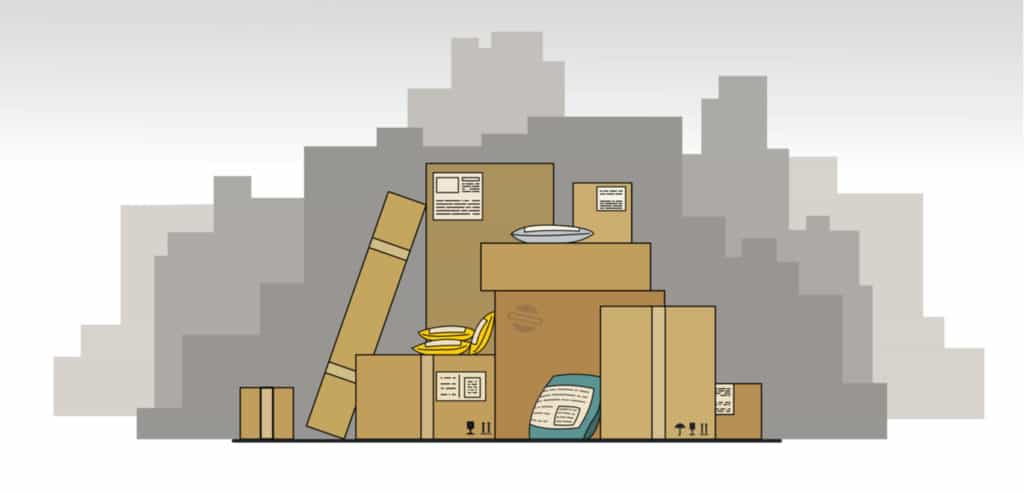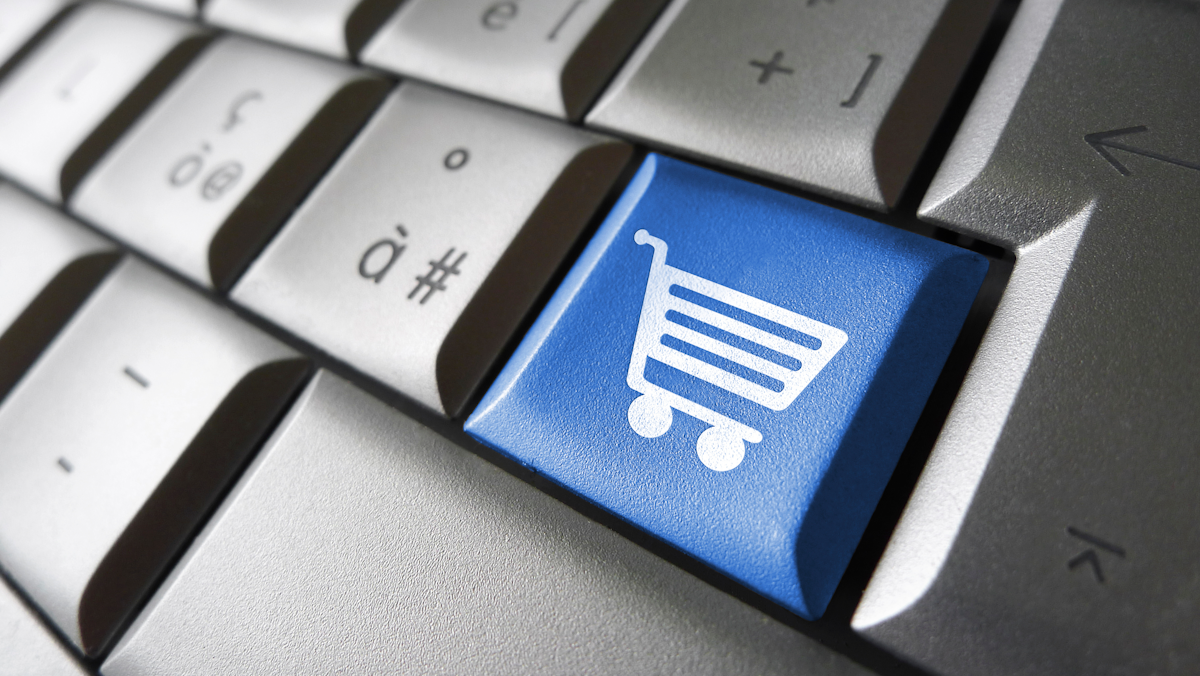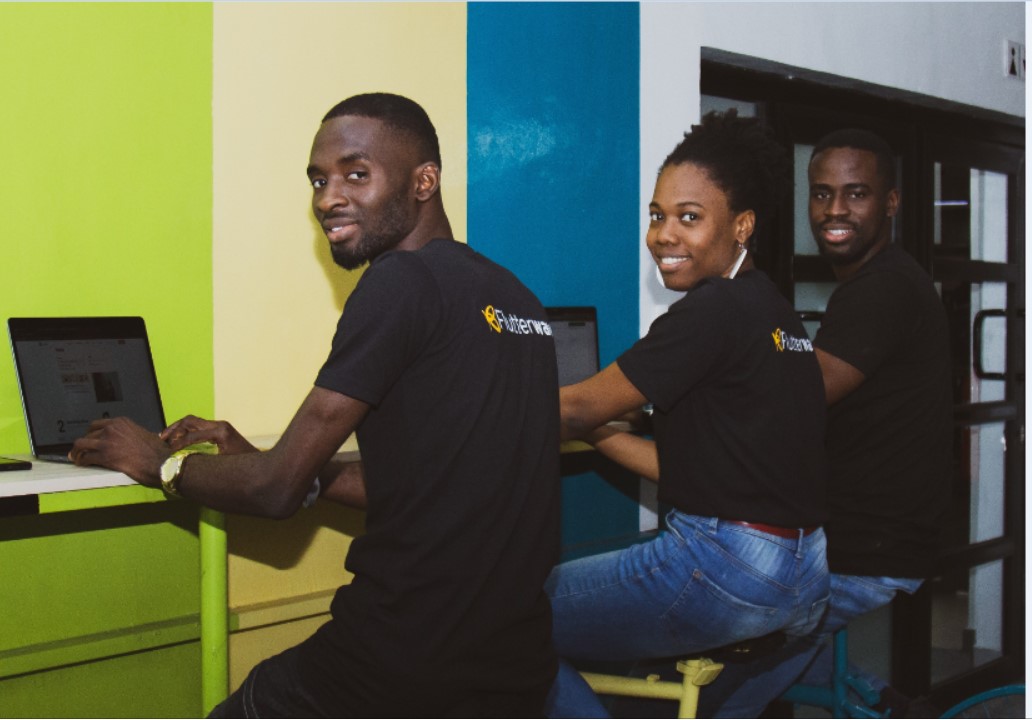
Lockdown 3.0 is on but this time the country has been divided into red, orange and green zones based on the severity of the Covid-19 spread. Red Zones indicate hotspots like New Delhi, Chennai, Mumbai, Bengaluru among others, whereas Orange Zones indicate areas with fewer cases and Green Zones where there are no cases.
While ecommerce ops can fully resume in orange and green zones, they can only deliver essentials like groceries, medicines, and food in red zones.
Check out this next:
CAIT to launch ecommerce platform 'bharatmarket' soon

Traders' body Confederation of All India Traders (CAIT) on Friday said it will soon launch a national ecommerce marketplace 'bharatmarket' for all retail traders in collaboration with several technology partners.
* * *
He said the initiative has had active support and guidance of the Ministry of Commerce and Industry, as they see this as an effective way to get essential commodities to consumers during the lockdown period and within containment zones.
Ecommerce shipments increase 47%, order delays spike as coronavirus continues

Ecommerce order volume has increased nearly 47% in the last 30 days ended April 20 compared with the February average, according to logistics vendor Narvar Inc., which has more than 650 retail clients in its network.
Last-mile technology vendor Convey has noticed similar spikes. For the week of April 6-12, shipment volume was up 55% compared with the year-ago week, according to the vendor’s data that is based on 130 retail clients. In fact, every week starting Feb. 10, shipment volume is elevated compared with the year-ago week, with the exception of April 13-19.
Getting on Board with E-Commerce | Manufacturing.net

Many manufacturers continue to resist, but a viable e-commerce platform could become vital to staying competitive now and after the pandemic.
The world exists online now more than ever as humanity combats the COVID-19 pandemic . People are purchasing everything from groceries to pet supplies on e-commerce platforms. Consumers and businesses have been forced to adapt to this rapidly changing online landscape, and manufacturers have to be ready to do the same.
Not to change the topic here:
Chinese e-commerce takes soap-opera turn as scandal surrounds three major players -

It's been tabloid season this week at China's e-commerce companies, with three giants of the category grappling with the spillover of personal matters into their business operations.
Alibaba, JD.com, and Dangdang spent the week trying to cope with allegations of misconduct among their top ranks.
In the highest-profile among the three, the onetime heir apparent for the CEO position of BABA, -4.04% was demoted after a public spat between his wife and an alleged mistress, who is also an internet celebrity.
US eCommerce Up 49 Pct; Curbside Pickup Soars | PYMNTS.com

As the coronavirus shows no signs of abating, customers are opting to make their purchases without setting foot in stores, CNBC reported.
Dozens of retailers, from Dick's Sporting Goods to Walmart , have added contactless shopping services, and it's caught on.
The number of orders placed online and picked up at stores surged 208 percent between April 1 and April 20 compared to a year ago, according to Adobe Analytics, CNBC reported.
Flutterwave launches ecommerce platform and AWS credits for SMEs | TechCabal

Flutterwave has launched an ecommerce product in a show of ambition to expand use cases among existing and new merchants.
It is called Flutterwave Store and is designed to enable small businesses to have an online directory for displaying and taking orders for their products.
Users can upload products, set prices and, in some cases, enlist Flutterwave's delivery partners to pick up and deliver orders to customers.
Coca-Cola eyes up 'seismic shifts' in consumer trends and ecommerce

Consumer trends are shifting in different directions as a result of the pandemic; as are their shopping habits. This in turn impacts on retail, and companies too must adjust their R&D to suit the new reality.
Coca-Cola, for example, is pulling the plug on smaller projects and shifting its focus to fewer, larger projects that can be scaled up to suit the new reality.
One change Coca-Cola expects to see is a renewed focus on known and trusted brands. Consumers are spending less time in shops, less time browsing the shelves, and instead turning to brands and products that are familiar.
Happening on Twitter
#Amazon, #Flipkart and #Snapdeal will now be able to sell non-essential items in parts of the country other than th… https://t.co/BF3mAb52Ss FinancialXpress (from New Delhi, India) Sat May 02 03:31:18 +0000 2020
No comments:
Post a Comment